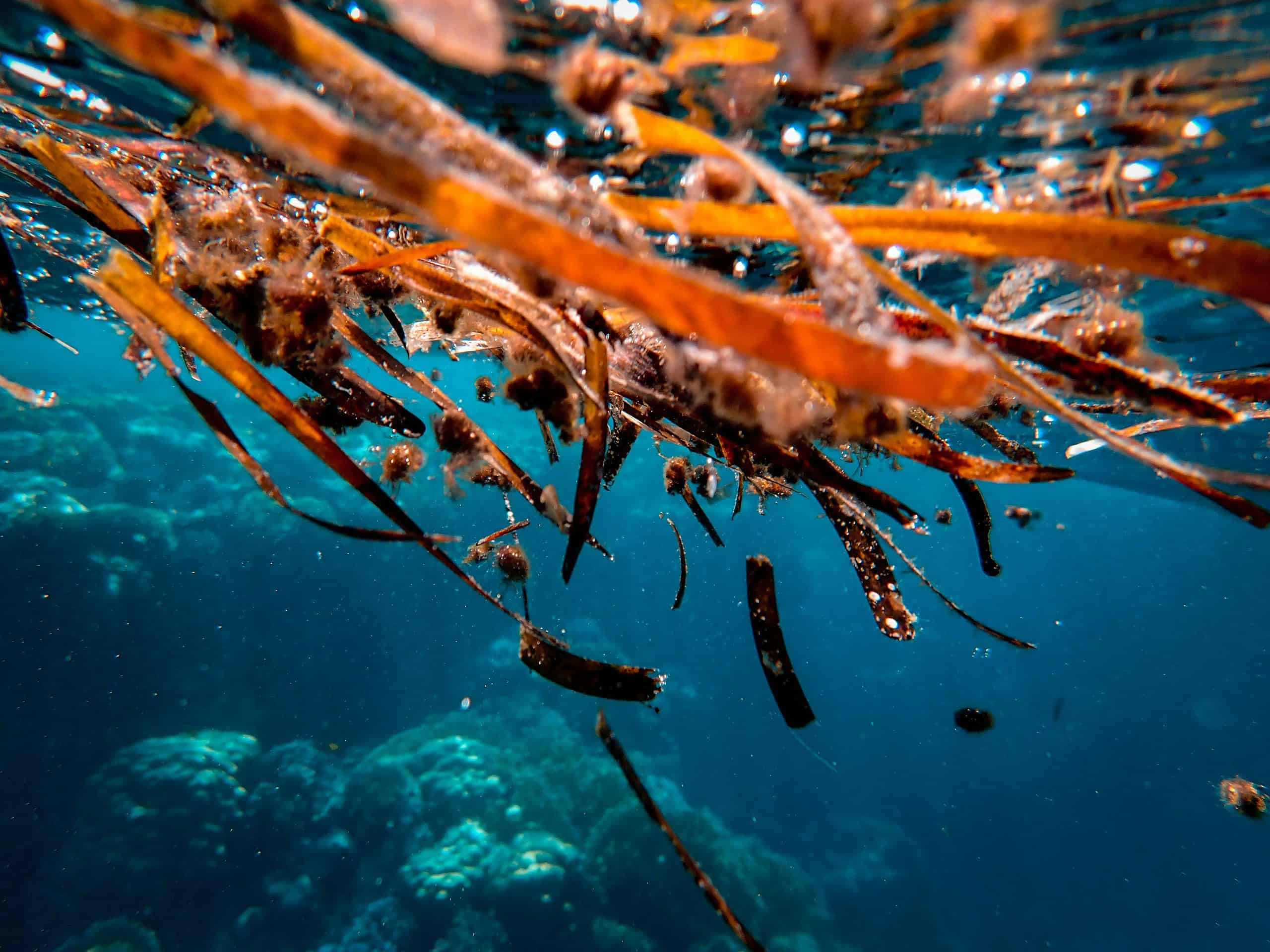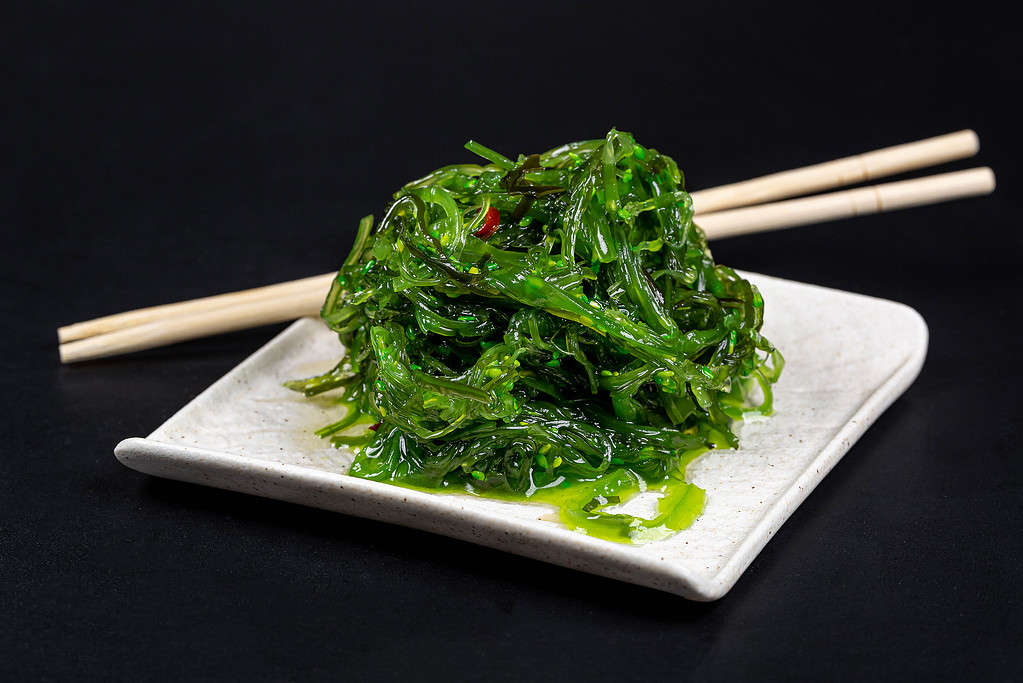
If you like to bolster your odds of surviving the apocalypse, you’ll want to read this. If a global catastrophe happens (something like a nuclear war, volcano, or a meteorite) there may still be a chance to save some people with an unlikely ally: seaweed.
“Investing in the construction of seaweed farms could prevent global famine in abrupt sunlight reduction scenarios, potentially averting a significant number of deaths from starvation,” says Associate Professor David Denkenberger.
A dark scenario
The possibility of nuclear war casts a long shadow over global agriculture. In this event, it’s not just the immediate destruction. The nuclear eruptions will unleash catastrophic climate change, soil degradation, and widespread disruption of food supply chains. It’s not the bombs that would kill the most people — it’s hunger.
A nuclear war would unleash hunger primarily due to its devastating impact on global agriculture. The explosion of nuclear weapons would cause significant climate alterations, including temperature changes and reduced sunlight, severely affecting crop growth and livestock survival. Additionally, radioactive fallout would contaminate large swaths of arable land and water sources, making them unsuitable for food production.
This destruction, coupled with disrupted supply chains and economic turmoil, would lead to widespread food shortages, exacerbating hunger and malnutrition on a global scale.
A modern nuclear war would be absolutely catastrophic for all of mankind, but Denkenberger and colleagues were looking at how, even in this horrendous scenario, something may be saved.
Seaweed savior
Seaweed cultivation offers a glimmer of hope in this bleak landscape. Its rapid growth rate, low requirement for land, and adaptability to diverse water conditions make it an ideal candidate for post-catastrophe recovery. Beyond its environmental benefits, seaweed is a nutritional powerhouse, offering a sustainable solution to the looming food security crisis.

Seaweed is already an important nutrient source for millions of people, and scientist have been looking at ways to introduce it more into the Western diet. But in this study, scientists used simulations to calculate seaweed’s potential to thrive in a post-nuclear world.
“Given that our previous studies showed that agriculture and fisheries production would plummet, alternative food sources like seaweed will be critical for global and regional food security after sunlight reduction scenarios, such as nuclear war and large volcanic eruptions.”
“It’s only a matter of time before the latter happens, so we need to be ready. Because the ocean does not cool down as rapidly as land, marine aquaculture is a very good option.”
In the case of such an event, a layer of soot would be ejected into the atmosphere, blocking sunlight for years. The amount of sunlight for photosynthesis would drop substantially — but not enough to destroy seaweed. There’d still be more than enough to grow several species of edible seaweed.
In fact, the researchers say, seaweed production could be scaled to support almost half of the demand of the remaining mankind.
“We assess how quickly global seaweed production could be scaled up to provide a significant fraction of global food demand. We find seaweed can be grown in tropical oceans, even after nuclear war. The simulated growth is high enough to allow a scale up to an equivalent of 45% of the global human food demand (spread among food, animal feed, and biofuels) in around 9–14 months, while only using a small fraction of the global ocean area.”
We can’t only eat seaweed
However, we wouldn’t quite be eating all of this seaweed. The researchers caution that only up to 15% of the human diet should be provided by seaweed, due to its high iodine content. Eating more of it could pose health risks. The rest of the seaweed would be used to feed animals and end up supporting diets indirectly.
But the takeaway is that there’s compelling evidence of seaweed’s potential to thrive in a post-nuclear world. This accounts for various factors, including nutrient availability and altered environmental conditions, underscoring the resilience of seaweed and its ability to contribute significantly to global food supplies in the face of adversity.
“Seaweed has a high potential to be an important pillar of global food security, even after a nuclear war. This study opens avenues for further research and calls for investments into scaling up seaweed farming capacity to ensure food security in times of crisis,” says lead author Dr. Florian Ulrich Jehn from ALLFED.
Of course, we can only hope we won’t end up needing this type of contingency plan. But the good news is that even if this doesn’t happen, we can’t really go wrong by scaling up seaweed production.
The benefits of seaweed extend far beyond food security; its cultivation also offers a promising avenue for climate change mitigation. By absorbing carbon dioxide, seaweed farming aligns with global strategies to combat climate change, highlighting its role as a multifaceted solution to some of the most pressing issues facing our planet.
Seaweed is rich in proteins, minerals, and vitamins — as well as essential amino acids and fatty acids. It’s as close to a superfood as it gets. Hopefully, we won’t need a nuclear war to realize that.
The study was published in the journal Earth’s Future.
